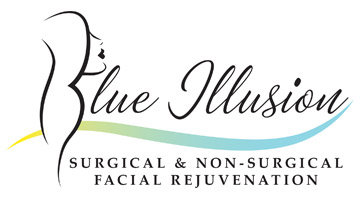Acoustic Neuroma / Skull Base Surgery
The facial nerve is particularly vulnerable to injury during acoustic neuroma surgery as the tumor is typically adherent to the facial nerve and has to be carefully peeled away. The incidence of facial paralysis is greater after surgery for large acoustic neuromas. Electrical stimulation of the facial nerve at the conclusion of acoustic neuroma surgery can provide useful prognostic information about the status of the nerve and its potential for recovery. For patients presenting with facial paralysis following acoustic neuroma surgery, we will request and carefully review the operative record to determine the status of the facial nerve and any electrical stimulation data that is available. Recovery of facial function can take up to 12 months ( and occasionally up to 18 months). In cases with poor recovery, facial reanimation procedures including nerve transfers, nerve grafts, or muscle transfers can be utilized.
